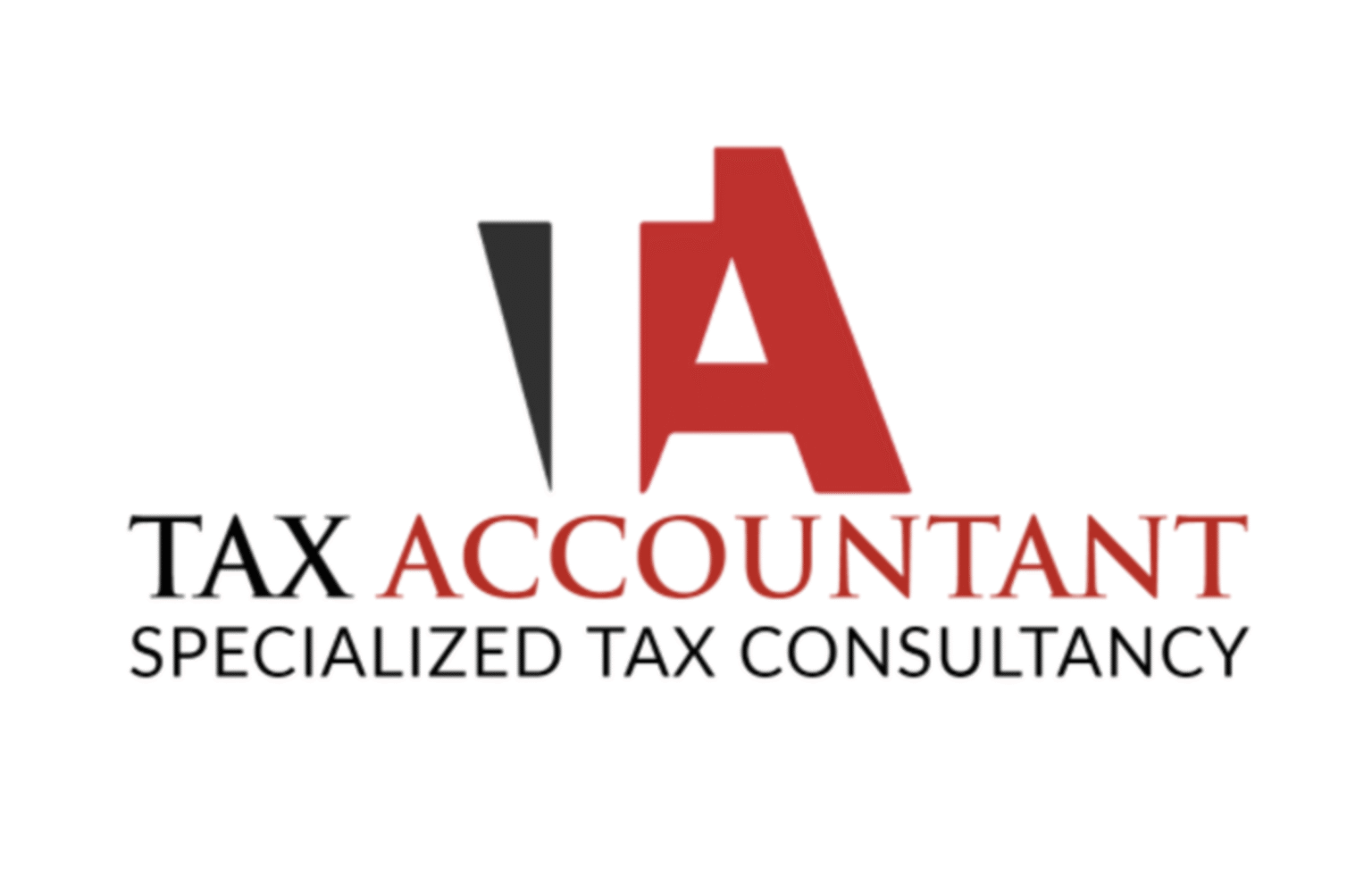In the last decade, social media has created a new generation of entrepreneurs — influencers, content creators, and digital brand ambassadors who make a living from their online presence. Whether through YouTube channels, Instagram partnerships, TikTok promotions, or sponsored blogs, the influencer economy in the United Kingdom has become a thriving industry worth billions.
But as incomes from sponsorships, affiliate links, and gifted products rise, so does one pressing question: Do influencers need to pay tax in the UK?
The short answer is yes — if an influencer earns income or receives goods and services of value in exchange for their work, HMRC considers that taxable. Yet, the reality is far more nuanced. Many creators misunderstand or underestimate their tax obligations, often unintentionally falling foul of the rules.
This article sets out the full picture — the legal obligations, the types of taxable income, allowable deductions, and how influencers can manage their taxes efficiently and compliantly.
1. The Influencer Economy: Why Tax Rules Now Matter More Than Ever
Influencing has evolved from a hobby into a legitimate profession. Thousands of UK residents now earn part-time or full-time income by promoting brands, creating digital content, or monetising their audiences.
According to HMRC, anyone who earns money from self-employment — including social media content creation — must register, declare, and pay tax on that income.
The tax system doesn’t distinguish between a beauty influencer, a gaming streamer, or a travel vlogger. If money or equivalent value changes hands, it counts as taxable income.
The rise of this new workforce has not gone unnoticed. HMRC now actively monitors digital platforms, partnerships, and even influencer campaigns to ensure that creators meet their obligations. As the influencer economy matures, tax compliance has become not just a legal requirement but a sign of professionalism and credibility.
2. What Counts as Taxable Income for Influencers?
One of the most misunderstood aspects of influencer taxation is what qualifies as income.
While most people recognise that direct payments from brands are taxable, many overlook non-cash benefits, affiliate earnings, and even gifted products.
Taxable income includes:
-
Brand collaborations and sponsorships – Fees received for promoting or featuring a product or service.
-
Affiliate or referral income – Commissions earned through links, discount codes, or referral sales.
-
Advertising revenue – Payments from YouTube AdSense, Twitch subscriptions, TikTok Creator Fund, etc.
-
Product sales – Earnings from merchandise, digital products, or subscription platforms such as Patreon or OnlyFans.
-
Gifts and freebies – PR samples, hotel stays, clothing, or gadgets provided in exchange for coverage or mentions.
-
Event appearances – Paid participation in promotional or speaking events.
Essentially, if an influencer receives anything of value in return for their content, promotion, or influence, it is deemed taxable by HMRC.
3. The Hidden Tax Trap: Gifted Items and “Freebies”
Many creators mistakenly believe that gifts or samples are “free” and not taxable. In reality, HMRC treats gifted products and services as payment in kind — taxable if received in exchange for promotion or exposure.
For instance:
-
A fashion influencer receives a designer bag to feature in an Instagram post.
-
A travel vlogger gets a complimentary hotel stay in exchange for coverage.
-
A beauty creator receives PR boxes for a YouTube review.
In each case, the influencer has received something of measurable value in exchange for their work, which constitutes taxable income.
The taxable amount is based on the item’s fair market value — what it would cost to buy the item at retail price. Keeping accurate records of such gifts is crucial for proper tax reporting.
However, if gifts are sent without any obligation to post or promote, they may be considered genuine gifts and thus non-taxable. The distinction lies in intent and expectation — a subtle but important difference.
4. When Do Influencers Need to Register for Tax?
In the UK, any individual earning more than £1,000 per year from self-employment must register with HMRC for Self Assessment.
This means:
-
Registering as self-employed (usually as a sole trader).
-
Keeping detailed records of income and expenses.
-
Filing a tax return by 31 January following the end of the tax year (which ends on 5 April).
Even part-time creators, students, or employees with side hustles must report influencer income once it exceeds the £1,000 trading allowance.
Failing to register or declare income can lead to penalties, backdated tax bills, and interest charges — issues that can be easily avoided with timely registration and honest reporting.
5. How Influencer Tax Is Calculated
Once registered, influencers are taxed like any other self-employed individual.
For the 2025/26 tax year, the structure is as follows:
-
Personal Allowance: The first £12,570 of income is tax-free.
-
Basic Rate: 20% on earnings between £12,571 and £50,270.
-
Higher Rate: 40% between £50,271 and £125,140.
-
Additional Rate: 45% on earnings above £125,140.
In addition, influencers pay National Insurance Contributions (NICs):
-
Class 2 NICs: £3.45 per week (if profits exceed £12,570).
-
Class 4 NICs: 9% on profits between £12,570 and £50,270, then 2% above that.
However, because influencers are taxed on profits (income minus allowable expenses), understanding deductions is vital to managing the final tax bill.
6. Allowable Expenses for Influencers
HMRC allows influencers to deduct all expenses that are “wholly and exclusively” for business purposes. The following are common deductible expenses in the content creation industry:
a. Equipment and Production Costs
-
Cameras, lenses, lighting equipment, microphones.
-
Laptops, editing software, and storage devices.
-
Repairs, replacements, or upgrades.
b. Home Office Expenses
-
Rent or mortgage interest (proportionate to workspace).
-
Utilities, council tax, and broadband (partial claim).
-
Office furniture and supplies.
c. Travel and Transport
-
Mileage for travel to shoots, events, or collaborations (45p per mile).
-
Train, bus, or taxi fares.
-
Parking and tolls (excluding fines).
d. Marketing and Branding
-
Website hosting, design, and maintenance.
-
Paid advertising or social media promotions.
-
Business cards, merchandise, or branding materials.
e. Professional and Financial Services
-
Accountancy fees, legal advice, and insurance premiums.
-
Commission fees from agents or talent managers.
-
Banking and payment processing costs (e.g., PayPal, Stripe).
f. Training and Education
-
Online courses or workshops that enhance professional skills.
-
Industry conferences or networking events.
g. Clothing and Makeup
This area is tricky. Everyday clothing is not deductible, even if worn for work. However, outfits or cosmetics used solely and exclusively for content (e.g., costumes for videos or branded uniforms) can qualify.
7. VAT and Influencers: When to Register
If an influencer’s turnover exceeds £90,000 per year (the 2025 VAT threshold), they must register for Value Added Tax (VAT).
This can be particularly relevant for successful YouTubers, high-earning Instagram influencers, or agencies managing multiple brand deals.
Registering for VAT allows influencers to:
-
Reclaim VAT on eligible business expenses.
-
Charge VAT to UK clients (but not to international ones).
However, managing VAT can be complex, especially when dealing with overseas brands or platforms. Professional guidance is strongly recommended in such cases.
8. The Global Aspect: Foreign Income and International Collaborations
Influencers often work with brands based abroad or earn through international platforms such as YouTube or TikTok.
HMRC requires UK residents to declare global income, regardless of where it originates. Double taxation relief may apply if tax is already paid overseas, but disclosure remains mandatory.
Creators who receive payments from multiple currencies or international sponsorships should maintain accurate records and consider exchange rate adjustments when calculating income.
9. The Risks of Non-Compliance
HMRC has increased its scrutiny of the influencer economy. Social media activity is publicly visible, making it relatively easy for tax authorities to identify undeclared earnings.
Consequences of non-compliance include:
-
Penalties for late registration or inaccurate returns.
-
Interest charges on unpaid tax.
-
Investigations or audits triggered by undeclared income or inconsistent records.
While genuine mistakes are often treated leniently, deliberate evasion can result in severe fines and reputational damage.
Influencers, therefore, benefit from treating tax obligations as an integral part of their business operations — not an afterthought.
10. Practical Tips to Stay Compliant and Save More
Navigating influencer tax doesn’t have to be daunting. By adopting a structured, professional approach, creators can stay compliant and even improve their profitability.
a. Separate Business and Personal Finances
Maintain a dedicated bank account for all influencer transactions. This simplifies bookkeeping and ensures clarity during tax filing.
b. Keep Detailed Records
Record every payment, gift, and expense. Keep digital copies of receipts, invoices, and contracts for at least five years.
c. Track Gifted Items
Maintain a log of all PR products received, their estimated value, and whether they were promoted. This helps determine which items count as taxable income.
d. Save for Tax
Set aside around 25–30% of income to cover annual tax and National Insurance contributions. This prevents last-minute panic at tax deadlines.
e. Use Accounting Software
Apps like FreeAgent, QuickBooks Self-Employed, or Xero can automate income tracking, expense categorisation, and even estimate tax liabilities.
f. Seek Professional Help
An experienced accountant familiar with influencer tax can help identify allowable deductions, manage complex income streams, and ensure compliance. Firms such as My Tax Accountant specialise in helping individuals with diverse income sources navigate the UK tax system efficiently.
11. The Future of Influencer Taxation in the UK
The influencer economy shows no signs of slowing down — and HMRC is adapting accordingly.
Recent years have seen the tax authority collaborate with platforms like YouTube and Instagram to identify creators earning UK-based income. As part of international efforts, digital platforms are increasingly required to share earnings data with tax authorities.
Future legislation may further tighten reporting obligations, making transparency and record-keeping even more important.
Those who establish compliant practices now will find it far easier to adapt as the landscape evolves.
12. Influencers as Business Owners: A Mindset Shift
One of the most significant steps creators can take is to view themselves not merely as online personalities but as business owners.
That means thinking like entrepreneurs — planning finances, managing taxes, and reinvesting profits strategically.
Tax efficiency becomes part of a broader financial strategy, alongside saving for pensions, protecting income, and planning for growth. For successful influencers, incorporating as a limited company may even offer additional benefits, such as lower tax rates and enhanced professional credibility.
Treating content creation as a structured business ensures long-term sustainability and financial health.
13. Common Misconceptions About Influencer Tax
A few persistent myths continue to circulate within the creator community:
-
“Gifts aren’t income.”
False — if a gift is received in exchange for content, it’s taxable. -
“I don’t earn enough to declare.”
Only earnings under £1,000 per year are exempt under the trading allowance. -
“HMRC won’t notice.”
Increasing data-sharing and social media monitoring make undeclared income easier to detect. -
“It’s too complicated to bother.”
With digital tools and professional guidance, filing taxes is simpler than ever — and the potential penalties for ignoring it are far worse.
14. How to Handle Backdated or Unreported Income
If an influencer has not declared income from previous years, it’s still possible to resolve the issue proactively.
HMRC’s Digital Disclosure Service allows individuals to voluntarily disclose unreported income, pay what they owe, and often avoid harsher penalties.
Taking action early demonstrates good faith and can significantly reduce fines. Professional advisers can assist in preparing accurate disclosures and negotiating with HMRC if necessary.
Conclusion
The world of influencing is vibrant, fast-moving, and filled with opportunity — but it is also a business, and businesses have tax responsibilities.
Whether an influencer earns £1,000 or £100,000, understanding and complying with UK tax laws is non-negotiable. Every sponsored post, gifted item, or affiliate commission has financial implications that need careful tracking and honest reporting.
By embracing financial literacy, keeping meticulous records, and seeking professional advice where needed, influencers can transform tax from a confusing burden into a manageable, even empowering, part of their career.
Ultimately, paying tax is not just a legal duty — it’s a mark of legitimacy. The creators who treat their online success with professionalism today will be the ones building lasting, sustainable brands tomorrow.











